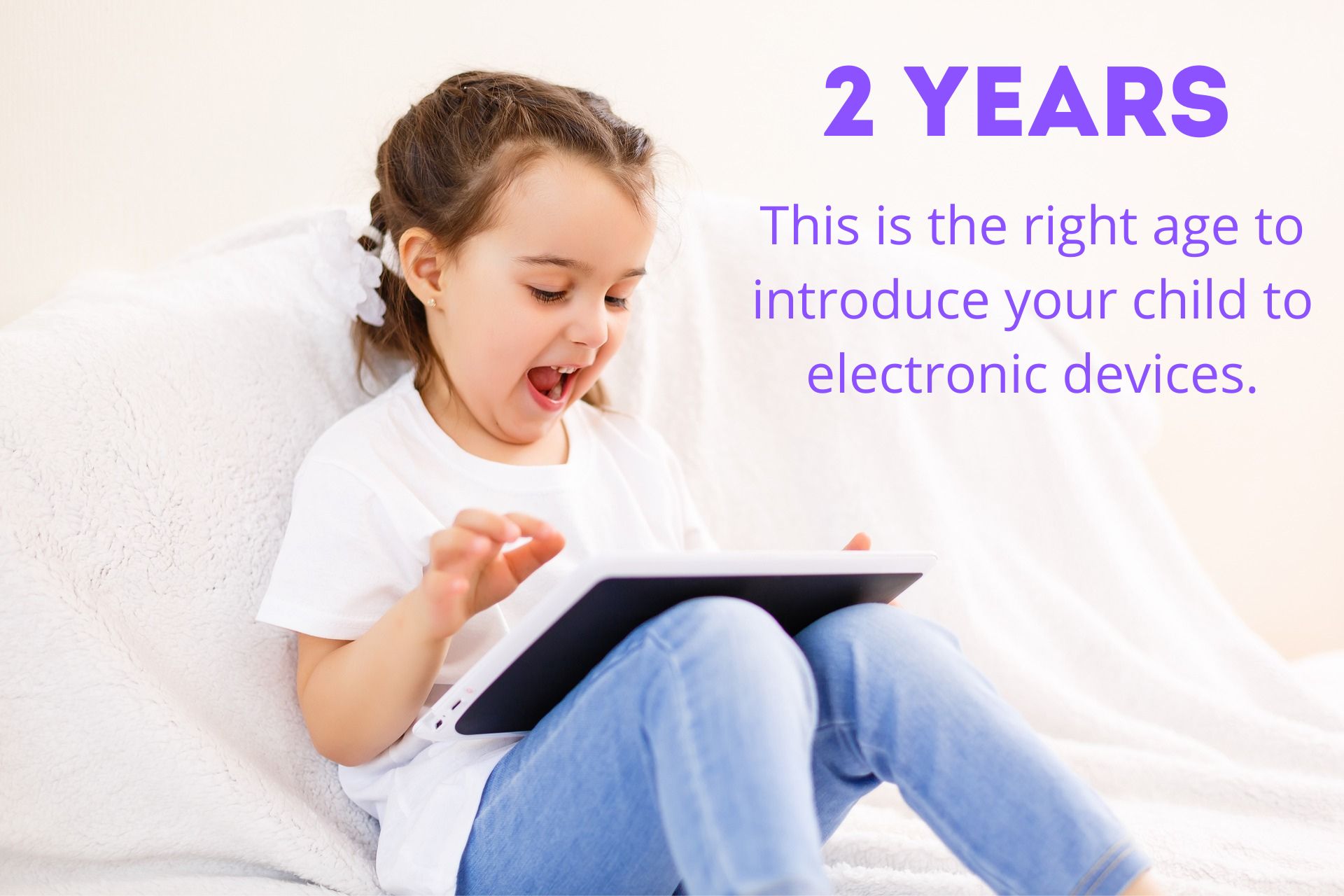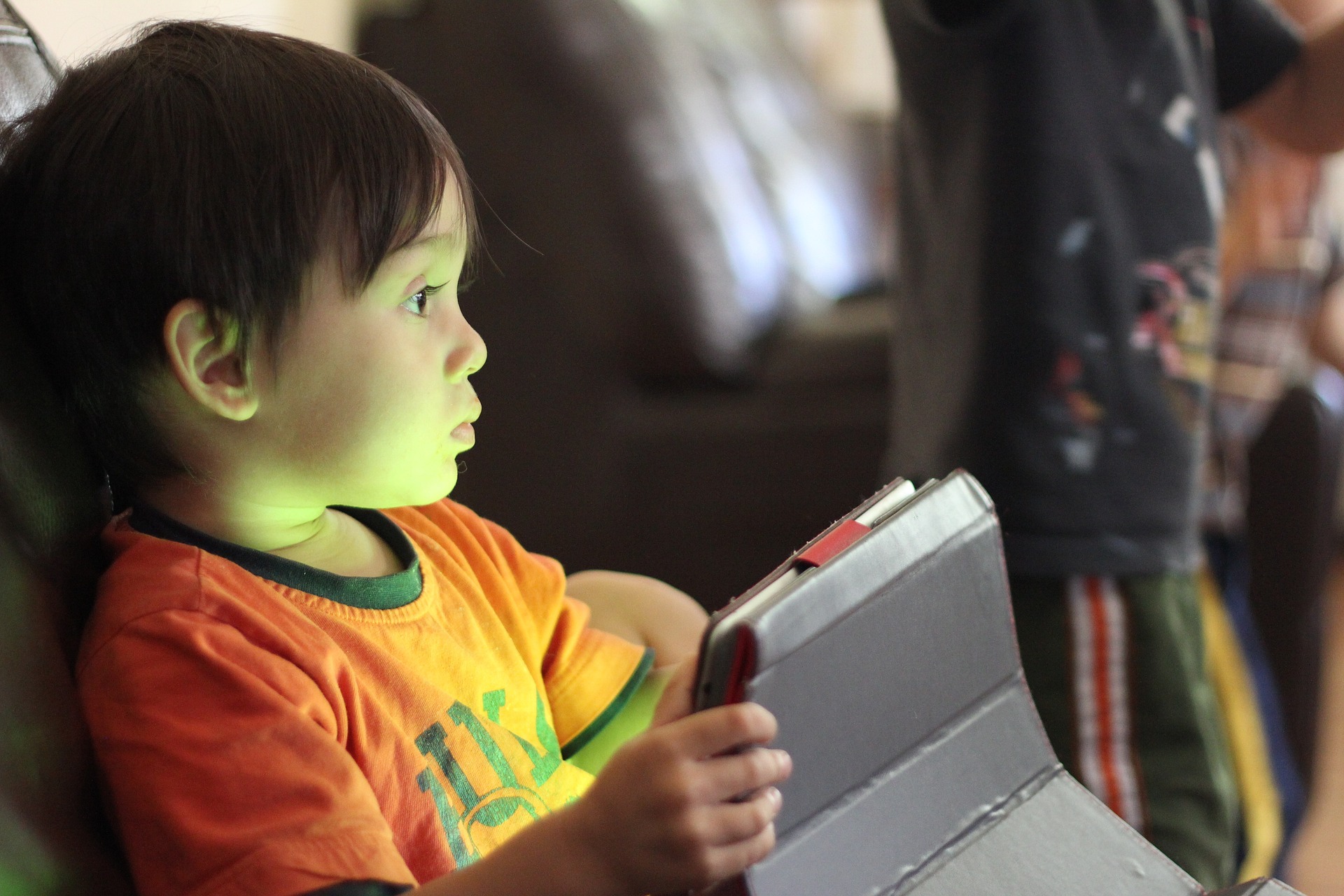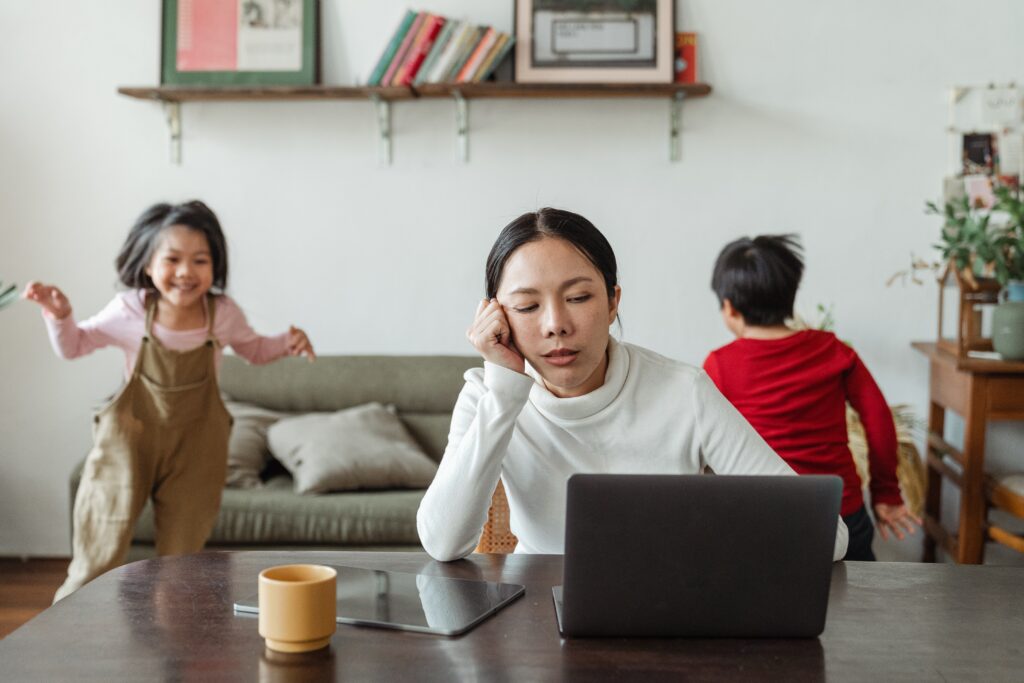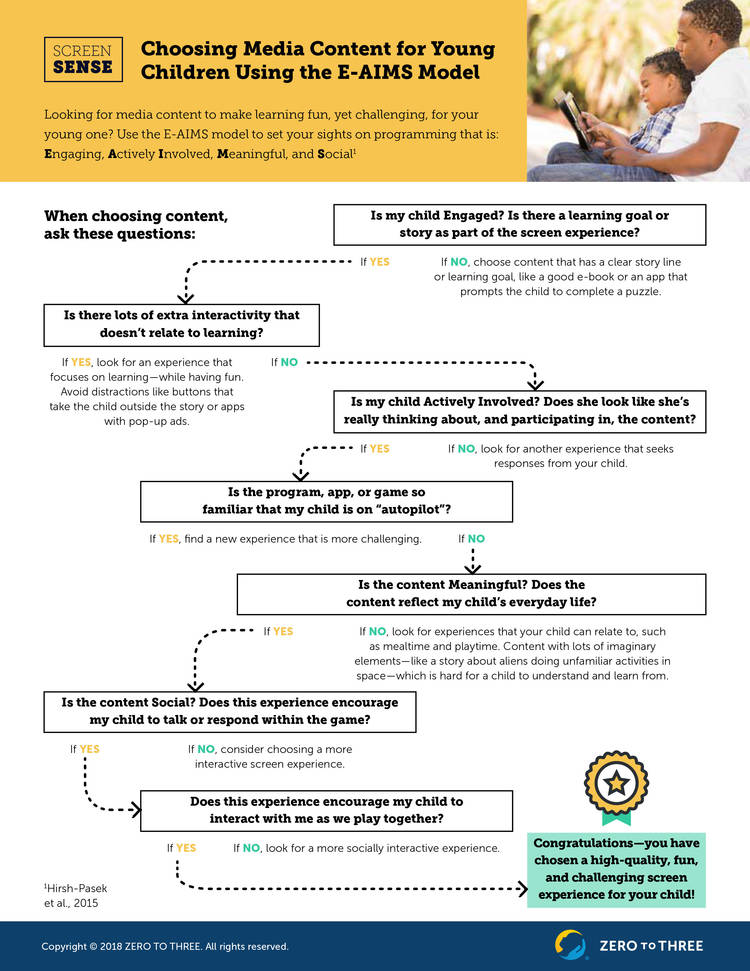Some parents give children their first tablet at 2 years old, while others think it’s too early. The problem is not only that a child can ruin an expensive thing. There is an opinion that electronic devices can hurt health.
Since my site has reviews of tablets for children, I decided to do some research for my readers on this topic. I found out the experts’ answer to the question, How soon can you give your kid a tablet or phone?
Table of Contents
When can you give your child a tablet or smartphone?
A study by the American Academy of Pediatrics (AAP) concluded that children under two couldn’t learn with digital gadgets because of immature memory and concentration. They also can’t transfer their experiences from the screen to the real world. That’s why pediatricians don’t recommend giving children under two years of age mobile devices.
Introducing tablets to children over two will be more useful, although some parents decide to wait until schooltime, and that, too, would be the right decision.

But to help the child benefit you must be selective in choosing educational games for learning and parents should be involved in the process. It is necessary to show toddlers how to apply the acquired knowledge in practice. Try to explain what you see on the screen and how it relates to real life when you watch videos or play games.
Babies can recognize people on the tablet screen during a video call. Therefore, children under two can participate in video chatting with relatives, for example.
Why is it bad to give your child a tablet or phone too soon?
There is no evidence of a clear link between a child’s use of an electronic device and health problems. Indirectly, it causes a developmental delay. The same AAP studies say that the problem is more likely to be that the kid is wasting time behind a screen instead of learning in other, more effective ways.
The fact is that children in early years learn through the simplest interaction with the world around them. They will get less use out of playing tablet games instead of playing regular games or communicating with their parents.

There are several other problems with giving kids too much screen time:
- it increases the risk of obesity, like any sedentary activity;
- when looking at a screen for a long time, there is tension in the eyes, which can affect vision in the long run. But we suffer the same effects, for example, when reading a book for a long time;
- using tablets in the evening can reduce the quality and duration of sleep.
These problems and conditions are related only to prolonged or improper use of electronic devices. Therefore, the amount of time spent with the tablet plays a big role.
How much time can a child spend with a tablet?
The AAP gives the following recommendations: for 2-5 years old children, screen time should not exceed 1 hour per day. As they get older, this time can be increased.
Some may find 1 hour a day quite short. In reality, parents should determine the optimal time for their child based on his personal needs, as well as the lifestyle of their family. It is true that in some situations, parents need to use gadgets for longer than 1 hour. For example, a tablet can help keep kids entertained during a trip or an important parent video conference.

But do not go to extremes and leave your child half the day with the phone. Toddlers who spend much time with a phone or tablet can potentially develop worse. It was shown in a small study conducted in 2019. Researchers concluded that those children have impaired learning ability and concentration. And that can manifest in poor performance in school.
If you often give your child a tablet as a distraction, it becomes a habit. They don’t learn to get rid of boredom in any other way, so as they get older, it will be difficult to tear them away from the screen. So that’s why you need clear boundaries.
Yes, excesses are always harmful. But when used wisely, tablets can be a great tool for education and fun.
Are there any benefits of tablets for kids?
Electronic gadgets can be useful for educational purposes. Not for nothing, they are now widely used in schools.
At the appropriate age, the little ones can play learning games to memorize shapes, colors, numbers and letters. I remember that they really helped my daughter with that. Older kids can do math exercises or learn to read with syllables.
Almost any interactive activity on the tablet generally develops hand-eye coordination and thinking. When a child grows up and wants to learn a new game, they have to read or use voice input to find it. Some games encourage the achievement of certain goals, fostering perseverance in children.
The positive effects of tablets don’t end there. They help:
- to develop creativity by using different drawing apps;
- to acquire technical skills (children learn how digital devices work, such as how to turn on and unlock a tablet, how to turn on WiFi or find a cartoon on YouTube);
- to acquire knowledge (the Internet gives access to a wide variety of information to learn about the world and other cultures);
- To learn foreign languages.
Pediatricians never say that electronic devices are evil. They can be useful to you and your child. So don’t give them up completely, but be reasonable! Today’s kids are very tech-savvy and more inclined to interact with various gadgets.
How can a child make good use of a tablet?
Here are some tips from the AAP:
- Make a family media schedule. Overuse of electronic devices is a family-wide problem. A schedule will help you set reasonable boundaries so communication doesn’t take a back seat.
- Don’t let playing on a tablet be your child’s only activity. There should be other activities in his life, including physical activity. Gadgets are no substitute for regular toys and human interaction.
- Use parental controls to limit screen time.
- Choose educational cartoons and apps according to your child’s age. Give preference to apps that experts created.
- Don’t use a tablet at bedtime to avoid affecting sleep quality.
- Give priority to games over cartoons. While games are interactive, cartoons require no input from the child. Thus, they are less useful; at an early age, a child cannot learn anything from watching a video.
- Make sure there are no ads in the apps. Ads may contain pictures with obscene content and calls to join some dubious communities or download obscure applications that will turn out to be viral.
There are special tablets for kids. They are sturdy and also have special features like eye protection. Older children can buy a regular iPad. It is good when the device has pen and keyboard support; it will come in handy for learning.
And another useful infographic on how to choose high quality content for your child:

Conclusions
So, now you know the recommendations of pediatricians regarding electronic devices for children. The best age to introduce a child to a tablet is two years or more because children cannot learn with digital devices at an earlier age. According to the AAP, the optimal screen time for 2-5-year-olds is one hour a day. As children get older, the time can be increased.
A tablet can be a useful tool for learning and entertainment, but parents need to control the process.
FAQ
If I give my child an own tablet later, can he master it?
Don’t worry that your child will get “behind” on modern technology if you give him or her a tablet or smartphone later. These devices are very self-explanatory, and children learn them quickly.
Are educational videos useful for children?
Well-chosen educational material can be useful, but it is better to choose interactive programs for preschoolers